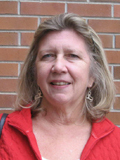
Barbara Alvin is Chair of the Department of Mathematics at Eastern Washington University (EWU,) where she has been a faculty member for 34 years. She holds a Ph.D. in Biostatistics from the University of Washington and an MS in Mathematics from Miami University. She has experience teaching high school geometry, and college classes in calculus; linear algebra; foundations of advanced mathematics; elementary probability and statistics; and mathematical statistics. She has a strong interest in students’ success, and is very interested in assessment of academic programs. That interest is related to her service at EWU and within the state of Washington. Barbara is a Co-Principal Investigator for the College Spark funded “Successful Transitions to College” grant project, and currently serves as the four-year co-chair of the state’s Math Pathways to Completion project- a project aimed at increasing students’ successful progress to and through their college credit bearing mathematics courses.
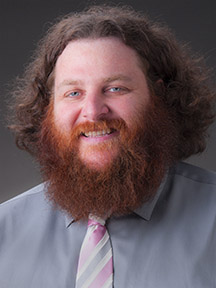
Sean Agriss is an Assistant Professor in the English department at Eastern Washington University. He currently serves as the Director of Secondary English Education and as the Faculty Liaison for the English Department’s EWU in the High School program, which offers EWU’s English 101, College Composition, and English 170, Introduction to Literature, at over 30 high schools in Washington state. Additionally, Sean’s career teaching literature and composition at multiple levels—high school, community college, tribal college, and university—informs his professional development leadership as an English Language Arts teacher trainer for both pre-service and veteran instructors. Sean is currently a Co-Principal Investigator for the College Spark funded “Successful Transitions to College” grant project, and he is also a Course Trainer for the State Board for Community and Technical College’s “Bridge o College English” program.

Debbie Olson is a mathematics instructor at Spokane Falls Community College and a consultant/instructor with the Mathematics Education Collaborative. She brings to the project her expertise as an educator and as a leader in several high-school transition and community college reform efforts. She has been a secondary/post-secondary mathematics educator since 1997 and has contributed actively to efforts such as the Spokane Area Transitions Math Project, the Riverpoint Partnership Math Project, and the Rethinking Precollege Mathematics Project. Olson is also a Washington State Bridge to College Math Course Trainer, an American Mathematical Association of Two Year College Project ACCCESS Fellow, serves on the Executive Committee for the Washington Teachers of Teacher of Mathematics, and is facilitating regional CCSSM Unifying Theme Workshops as a result of participating in the Washington State MEC MSP.
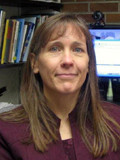
Jackie Coomes is a Mathematics Teacher Educator and Professor at Eastern Washington University, working primarily with preservice and inservice secondary teachers. She has collaborated with high school and community college instructors on several projects in the Spokane region and throughout Washington state related to improving students’ transitions from high school to college, and improving mathematics teaching and learning in grades 7-16. Her research interests center on students’ development of deep understandings of big ideas over time, how teachers and curriculum support this learning, and on problem-based learning.
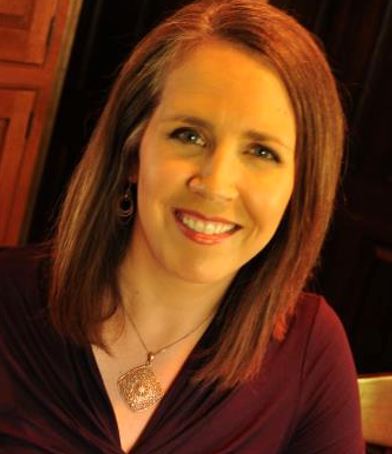
Andrea Reid has taught English Literature and Composition at 2-year and 4-year institutions in Oregon and Washington over her 20-year career. She currently is a tenured faculty at Spokane Community College. In addition to her teaching, Andrea is involved in multiple projects that emphasize cross-sector collaboration—bringing together High School, 2-year, and 4-year faculty to talk about classroom practices and to improve student success as they transition from one academic arena to the next. Most recently, she is serving as an English lead for the College Spark “Successful Transitions to College” grant, and as the Grant Coordinator for the Collaboration for Rural Student College & Career Readiness College Spark grant.
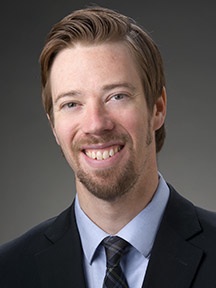
Justin Young is Associate Professor in the English department at Eastern Washington University, where he directs the English Composition Program and Writers’ Center. His research focuses on the transition to college and reading and writing instruction across the P-16 continuum. He is particularly interested in how writing instruction and writing center support can better prepare students across the K-16 continuum to communicate effectively in both print and in digital environments and to succeed in college.

edBridge Partners, LLC edBridge Partners is a mission-driven consultancy committed to helping education institutions, membership organizations and philanthropies perform at their very best. From thoughtful planning and project management to creative problem solving and collaboration, we enable our clients to remove barriers to success and realize their most important goals.

Annika Many, Principal, edBridge Partners, LLC Annika Many is a senior program and project manager with over fifteen years’ experience in the education field. Annika has worked on a number of programs and services for and with higher education and K-12 educators, and is particularly passionate about teacher and school leader quality, professional development, college completion, and the alignment between K-12 and higher education. At edBridge Partners LLC, she is a principal of the firm, responsible for program development and management services for a wide range of clients. Prior to joining edBridge, Annika spent over nine years at the College Board. Prior to working at the College Board, Annika held project and research assistant positions at the Community College Research Center at Teachers College, Columbia University and the Infant Cognition Laboratory at Carnegie Mellon University.

